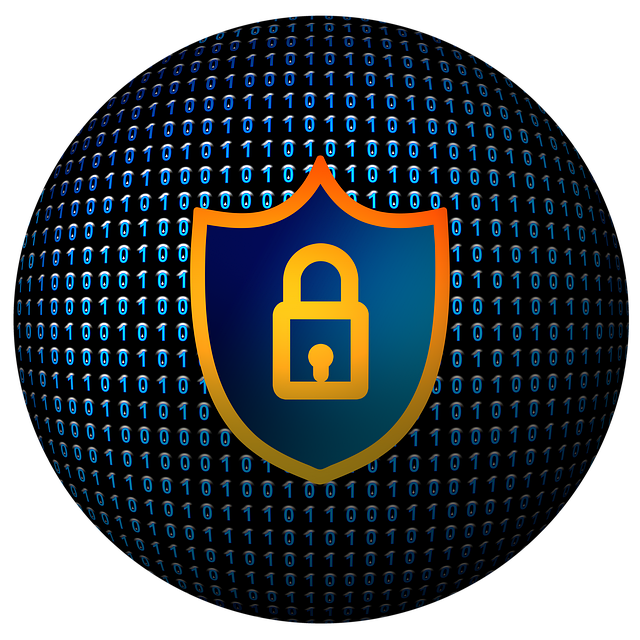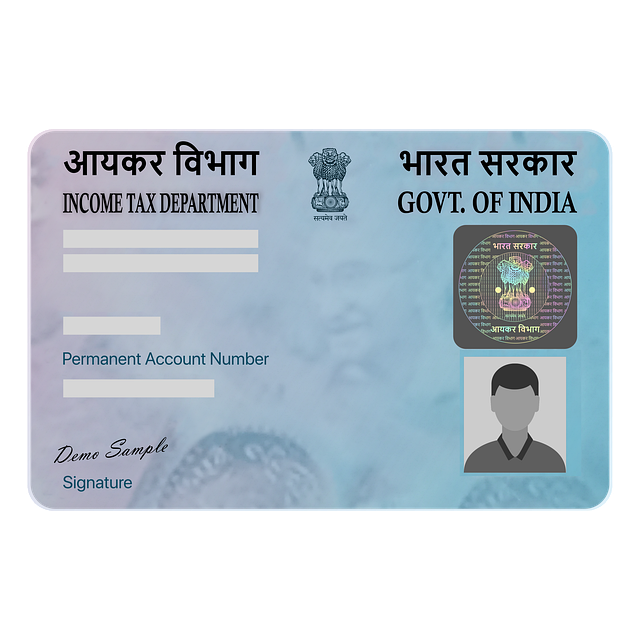Security screening is vital for safeguarding sensitive spaces and vulnerabilities, with qualified security personnel being essential. Comprehensive screening processes, including background checks, reference verifications, skill assessments, and behavioral evaluations, ensure trustworthy individuals are entrusted with protective responsibilities. Implementing stringent premises protection checks helps mitigate risks, maintain security, and build public trust. Unqualified workers pose significant risks, so thorough screenings beyond basic background checks are crucial for hiring capable and trustworthy personnel to protect property, employees, and visitors. Effective screening involves integrating multiple premises protection checks to create a holistic view of each candidate, thereby mitigating risks from unqualified or malicious individuals.
In today’s world, hiring qualified security personnel is paramount for effective premises protection. Unscrutinized hiring can leave facilities vulnerable to untrained individuals who may pose significant risks. Security screening plays a crucial role in preventing unqualified workers from gaining access. This article delves into the importance of comprehensive checks, examining potential risks, legal considerations, and best practices for implementing robust security screening processes to ensure optimal premises safety.
- Understanding the Importance of Security Screening
- Unqualified Workers: Potential Risks to Premises Protection
- Comprehensive Checks: A Tool for Quality Assurance
- Legal Considerations and Compliance in Hiring Security Personnel
- Implementing Effective Screening Processes for Enhanced Premises Safety
Understanding the Importance of Security Screening

Security screening plays a pivotal role in safeguarding our premises and vulnerabilities. In an era where threats are diverse and evolving, hiring qualified security personnel is paramount for any organization or facility. Effective screening processes act as a robust filter, meticulously examining applicants’ backgrounds, experiences, and suitability for the role. This meticulous evaluation ensures that only those with the necessary skills, knowledge, and integrity are entrusted with the responsibility of protecting sensitive spaces.
Comprehensive security screening involves multiple layers, including background checks, reference verifications, skill assessments, and behavioral evaluations. These measures are crucial in identifying potential red flags, verifying credentials, and gauging candidates’ alignment with the core values of security professionalism. By implementing stringent premises protection checks, organizations can mitigate risks, maintain a secure environment, and foster public trust.
Unqualified Workers: Potential Risks to Premises Protection

Unqualified workers pose significant risks to the security and integrity of any premises. When individuals lacking the necessary skills, training, or understanding are hired for security roles, it can lead to severe consequences. These risks include inadequate protection, as unqualified personnel may not recognize potential threats or possess the capabilities to handle them effectively. Their lack of proficiency could result in security breaches, leaving sensitive areas vulnerable to unauthorized access.
Moreover, premises protection checks reveal individuals who may have hidden motivations or undisclosed criminal histories. Unscrutinized hiring practices can inadvertently allow dangerous characters onto secure sites, posing risks not only to the property but also to the safety and well-being of employees and visitors. Implementing robust screening processes, including background checks and skill assessments, is vital to mitigating these risks and ensuring the effectiveness of premises protection measures.
Comprehensive Checks: A Tool for Quality Assurance

Comprehensive checks are an indispensable tool in ensuring quality assurance when hiring security personnel. These thorough screenings go beyond basic background checks, delving into various aspects that directly impact a candidate’s ability to perform their role effectively. By conducting detailed premises protection checks, employers can identify individuals with the necessary skills and integrity to safeguard valuable assets and sensitive information.
Such checks may include verifying qualifications, checking references, and assessing relevant experience. They also often involve drug screening, psychological evaluations, and even skill tests to gauge practical abilities. These measures create a robust barrier against unqualified or malicious candidates, fostering an environment where only the most capable and trustworthy individuals are granted access to secure premises.
Legal Considerations and Compliance in Hiring Security Personnel

Hiring security personnel involves a range of legal considerations and compliance requirements designed to safeguard employees, clients, and the organization’s premises protection. Background checks are a crucial component of this process. These checks include verifying employment history, conducting criminal background investigations, and assessing any relevant certifications or licenses. Employers must adhere to local, state, and federal laws governing these checks, ensuring they are conducted fairly and ethically.
Non-compliance can result in significant legal repercussions, including fines and damage to the organization’s reputation. Therefore, it’s essential to implement robust screening procedures, such as comprehensive application forms, interviews, and reference checks, alongside premises protection checks. This multi-faceted approach helps identify qualified candidates while mitigating potential risks associated with hiring unqualified or untoward individuals who could compromise security and safety protocols.
Implementing Effective Screening Processes for Enhanced Premises Safety

Implementing robust screening processes is paramount in ensuring the safety and security of premises, as it acts as a critical first line of defense against potential threats. These processes go beyond basic background checks; they involve comprehensive evaluations that scrutinize an applicant’s suitability for the role. This includes verifying their identity, checking past employment records, and assessing any relevant certifications or licenses. Advanced methods may also incorporate drug screening, psychological assessments, and reference checks from previous employers.
Effective screening involves integrating multiple premises protection checks to create a holistic view of each candidate. By doing so, security firms and organizations can mitigate risks associated with hiring unqualified individuals who might compromise the safety of personnel and sensitive areas. A thorough screening process helps maintain a secure environment, fostering trust among employees, visitors, and the broader community.
